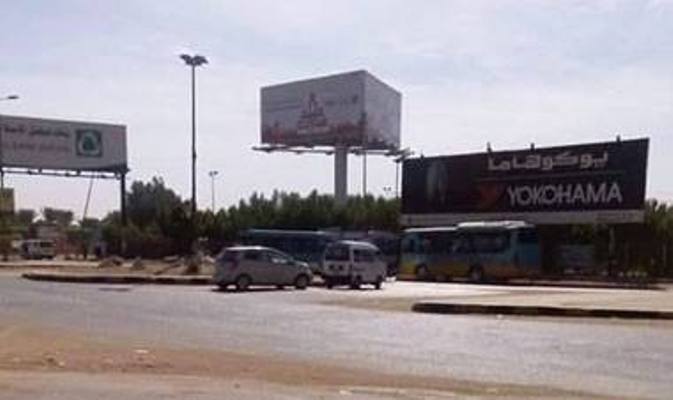Sudan’s civil disobedience begins amid varying popular response

November 27, 2016 (KHARTOUM) – Sudanese from different walks of life on Sunday have started a three-day civil disobedience with varying proportions of response among the residents in the capital Khartoum.
On Thursday, political activists launched social media campaign calling on the Sudanese people to engage in civil obedience from 27 to 29 November to resist recent government decision to lift fuel, electricity and drug price.
Several opposition parties and rebel movements declared support for the civil disobedience and said directives have been issued to their members to join the call.
On the first day of the strike, Sunday, some neighbourhoods in the capital saw limited movement of vehicles and pedestrians which is unusual while normal crowding on public transport in down town Khartoum stayed the same.
On the other hand, universities and schools were largely impacted by the strike as the majority of students stayed at home forcing some schools to cancel the school day.
A teacher at a public school located in southern Khartoum said some parents prevented their kids from coming to school but pointed that 80% of the students attended their classes on Sunday.
Also, a college student at the Sudan University of Science and Technology told Sudan Tribune that rumours of the civil disobedience have circulated outside the university and “that is why the students didn’t attend their classes”.
A driver at Khartoum’s largest public transportation station said “the streets are empty as if the country is on a holiday”.
“I drove from down town Khartoum to Omdurman [Khartoum’s twin capital city] and came back in 10 minutes while it usually takes one hour to go on the same trip,” he added.
It was also evident that the majority of the commercial shops, pharmacies and kiosks in and around down town Khartoum were closed but the majority of groceries and vegetables and fruits stores have been working as normal.
For its part, state TV channels showed live pictures of the streets to prove the failure of the strike and called on the residents to go about their lives as normally as possible.
Earlier this month, the government lifted fuel and drug subsidies and increased electricity price in a bid to stop the surge in inflation and control the fall of Sudanese pound in the black market.
The move stirred a large wave of protests across Sudan. Also, some two hundred private pharmacies in Khartoum went on partial strike and closed their doors from 09:00 am to 05:00 pm last week in protest against the move.
The government decision led to significant increase in the general price level and exacerbated the already dire living conditions.
Sudan’s economy was hit hard since the southern part of the country declared independence in July 2011, taking with it about 75% of the country’s oil output.
(ST)
